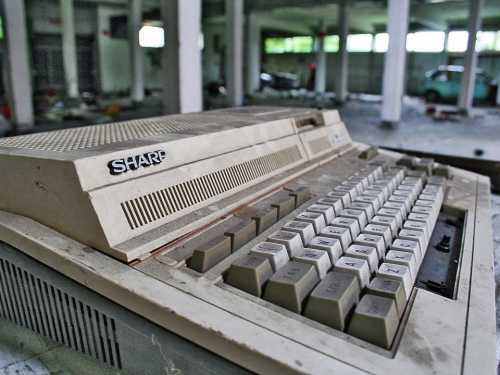
This is what a real job search looks like in today's world. I recently met a friend who told me how he was laid off from a job he had held for 11 years. And here's what happened next.
This is a story of a job search, full of rejection, expectations, disappointments — and ultimately success.
First interview: 6 weeks wait
Imagine the situation. You've prepared, you've gone through several rounds of interviews, you've put all your energy into the process. You wait. And you wait. And then you wait some more. Finally, you get invited to the final round, and everything seems so close that you almost feel like you're signing a contract. And then it turns out that they're choosing another, internal candidate.
Six weeks are spent on understanding that the company has already practically decided, but for some reason did not say so right away. Why waste the candidates' time when you have an internal candidate? This is not only frustrating, but also creates false expectations. For some reason, companies forget that they are not just dealing with a candidate, but with a person who is investing their time and hopes.
Second interview: three out of five rounds — and rejection again
Then came the second interview. Three out of five stages were successfully completed, but at some point something went wrong. After the third round, the process suddenly stopped. It turned out that he was not suitable, and again a rejection.
This stage is a reminder that many companies drag out the process to absurd lengths. Five rounds to make a hiring decision? Why has it become so complicated? If a candidate has already proven themselves three times, why two additional stages? It's like a marathon where they add another 10 kilometers to the finish line simply because the organizers feel like it.
Third interview: rejection after 7 rounds of interviews
The third interview started off perfectly. Everything was going according to plan until an unexpected detail was revealed: this position requires seven (!) rounds of interviews.
Seven interviews, Carl! For one job. The acquaintance simply refused to continue. At some point, the job search begins to resemble a survival show, where only the most patient and persistent can survive all the tests. Seven stages to make one decision?
Fourth interview: a promise and a three-week wait
This time the process went smoothly. Two interviews, positive feedback, assurances that a decision would be made soon. However, three weeks have passed and there is still no answer. How is this possible?
Companies don’t realize how much they are damaging their reputation by dragging out the process. People can’t sit around waiting for someone to “close” the door behind them. Why make promises you can’t keep? Three weeks of silence after saying “wait for the job” is just disrespectful. If something has changed, if the process is slowing down, be honest. After all, people can go somewhere else, and that’s okay.
Fifth interview: success after a long 12 weeks of searching
Finally, after a series of rejections and disappointments, the friend got a chance at the position he really wanted. The recruiter contacted him, arranged a trip, a meeting with the CEO, and just a couple of days later, they signed a contract. It was the perfect end to a long but productive process, and the same employer was found.
The entire process, from the first interview to accepting the offer, took 12 weeks. Three months of waiting, rejections, disappointments, and attempts — all for the sake of one single job.
What does this story teach us?
Job hunting is not a sprint, it’s a marathon. It requires not only patience but also the willingness to face unexpected obstacles. People don’t always understand how much time and effort is involved in the job search process. Candidates, like employers, want mutual respect and transparency, but unfortunately, this is often lacking.
Sometimes you need to be able to say no. If a company puts you through seven rounds of interviews to make a decision, ask yourself: is it worth it? If employers don't respect your time, is it worth contacting them? And my friend made the right choice when he refused to continue such multi-stage interviews. If the employer's process seems like a pure formality, it's better to move on.
Don’t settle for unfair terms. If there’s something you don’t like about the hiring process—whether it’s a lack of honesty about salary or a decision-making process that takes too long—it’s best to stop the race. You deserve to work where your contributions are valued and your time is respected.
The labor market: a harsh reality for candidates
Today's job market is not what it was a few years ago. Everything is changing: requirements are becoming stricter, and processes are becoming more complex. But it's important not to lose yourself in this process. If something doesn't meet your expectations, don't be afraid to say “no.” You're not just looking for a job, you're looking for a place where you'll feel respected and comfortable.
Companies should remember: respect is not just a nice word, it is the key to success. When a candidate is wasting their time, putting off other opportunities, waiting for an offer, they deserve an honest and quick response. If the company does not understand this, it risks losing its most talented employees.
Conclusion: Trust and respect are the foundation of successful hiring
Job hunting is a complex and often exhausting process. It requires patience, perseverance, and self-confidence. But it also requires honesty and respect from employers. Be honest with candidates. Be honest. And then those who are ready to share your values will come to your vacancy.






